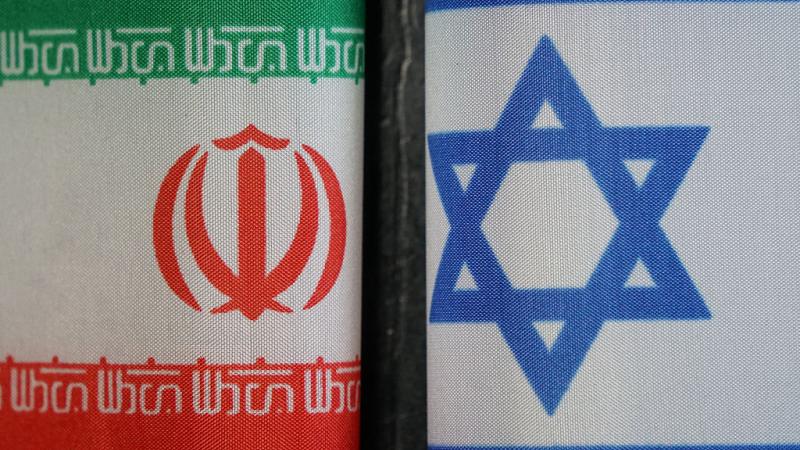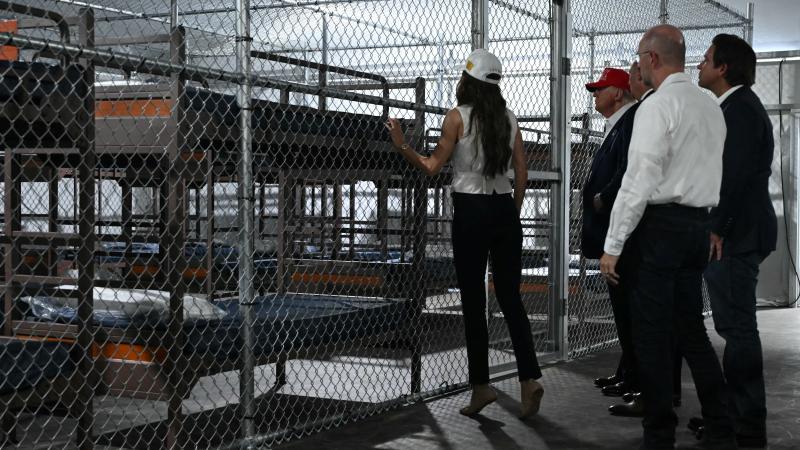Trump signs executive order on police reform, bans chokeholds, highlights necessity of police forces
'We have to break old patterns of failure,' President Trump said in a Rose Garden address.
President Trump on Tuesday signed an executive order on police reform that includes efforts to rid departments nationwide of officer misconduct while helping them with the challenges of community policing.
The executive order primarily focuses on three areas: creating a centralized database to trace officers accused of misconduct in the past, with a goal of preventing them from hopping from one force to the next; having social workers accompany officers on calls to people suspected of suffering from mental illness; and credentialing and certifying officers of the law.
"Today is about fighting for a cause that we seldom get the chance to fight for," the president said during his Rose Garden address. "We have to break old patterns of failure."
Trump's announcement follows the May 25 death of George Floyd after a police arrest in Minneapolis, during which an officer knelt on his neck, sparking weeks of nationwide protests.
The specifics of the president's order were essentially the same as those shared with reporters the day before the signing ceremony, including the banning of chokeholds — except when an officer's life is in peril.
"Chokeholds will be banned, except if an officer's life is at risk," Trump said.
The president said his order will work alongside a forthcoming Senate bill, to prevent excessive use of force by police and ensure that local departments have the tools they need to ensure good and safe community relations.
The GOP-led Senate is expected to release its bill Wednesday. The Senate Judiciary Committee is holding a hearing Tuesday on policing and community relations.
Trump thanked Attorney General Bill Barr for his efforts in crafting the reform plan and said the Justice Department will be working with local police departments to award grants that help local forces access executive certification training and de-escalation training to reduce the number of violent arrests.
The groundswell for change, beyond Floyd's fatal arrest, captured by a bystander video, was also fueled by other recent deaths of African-Americans at the hands of police, including Breonna Taylor in Louisville, Ky., who was shot and killed in mid-March.
The president made a point of defending the continued funding of local police departments, also saying that the great majority of Americans support and appreciate police officers.
"Americans believe we must support the brave men and woman in blue, who police our streets," he said.
He condemned the idea of abolishing or defunding police departments, saying, "when you remove the police, you hurt those who have the least, the most."
He also condemned the violence and destruction that took place in the wake of Floyd's death.
"The looters have no cause that they're fighting for, just trouble," said the president, who said his bill will create more police transparency and accountability.
Congressional Democrats last week introduced sweeping police reform legislation. Their bill would ban the use of chokeholds and no-knock warrants in drug cases. It also proposed weakening qualified immunity, which would make it easier to pursue legal action against police officers.















